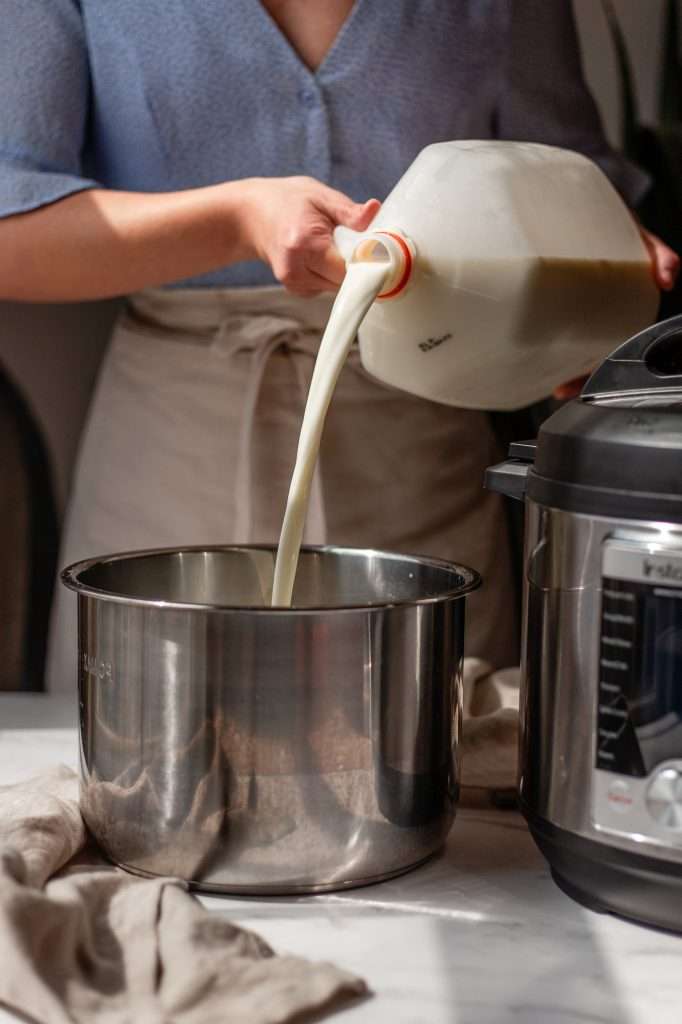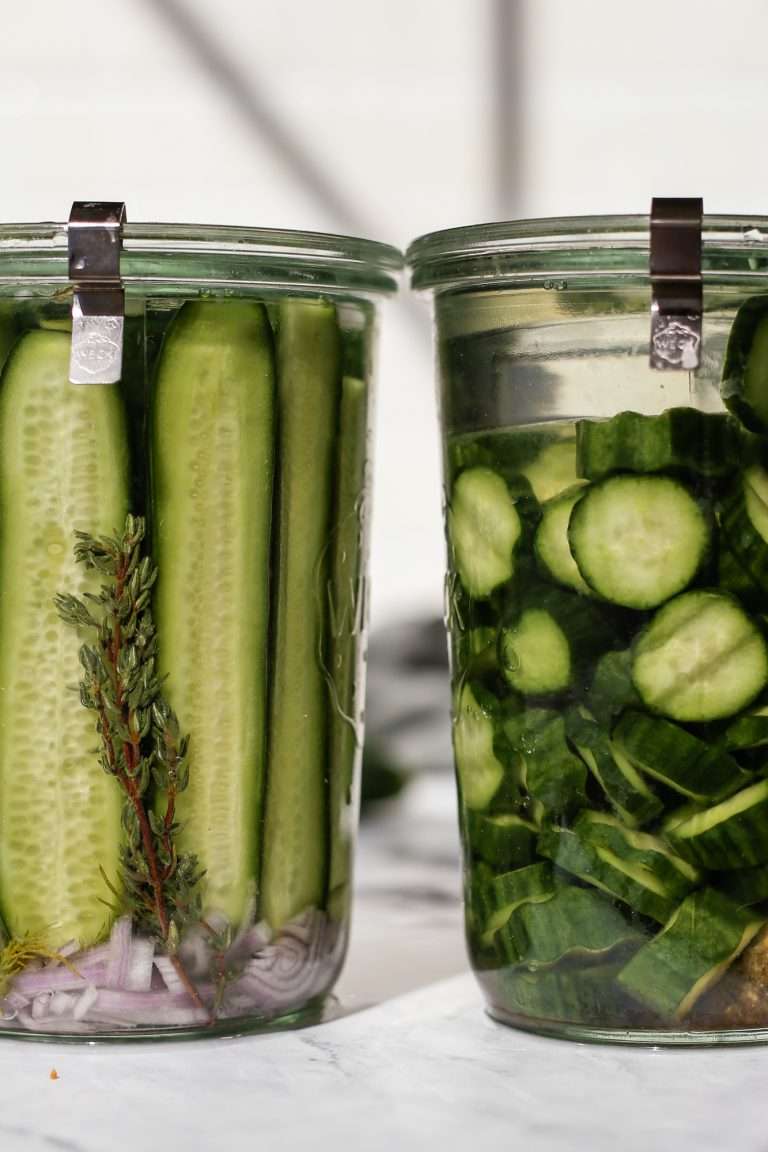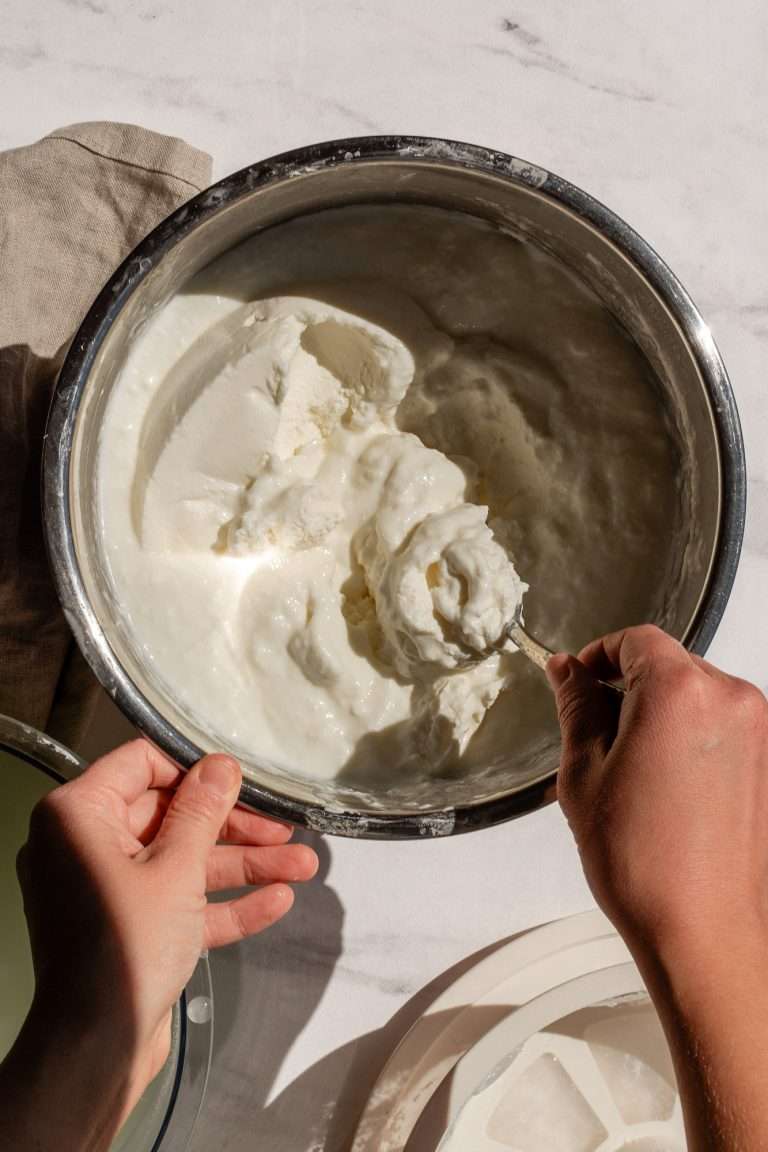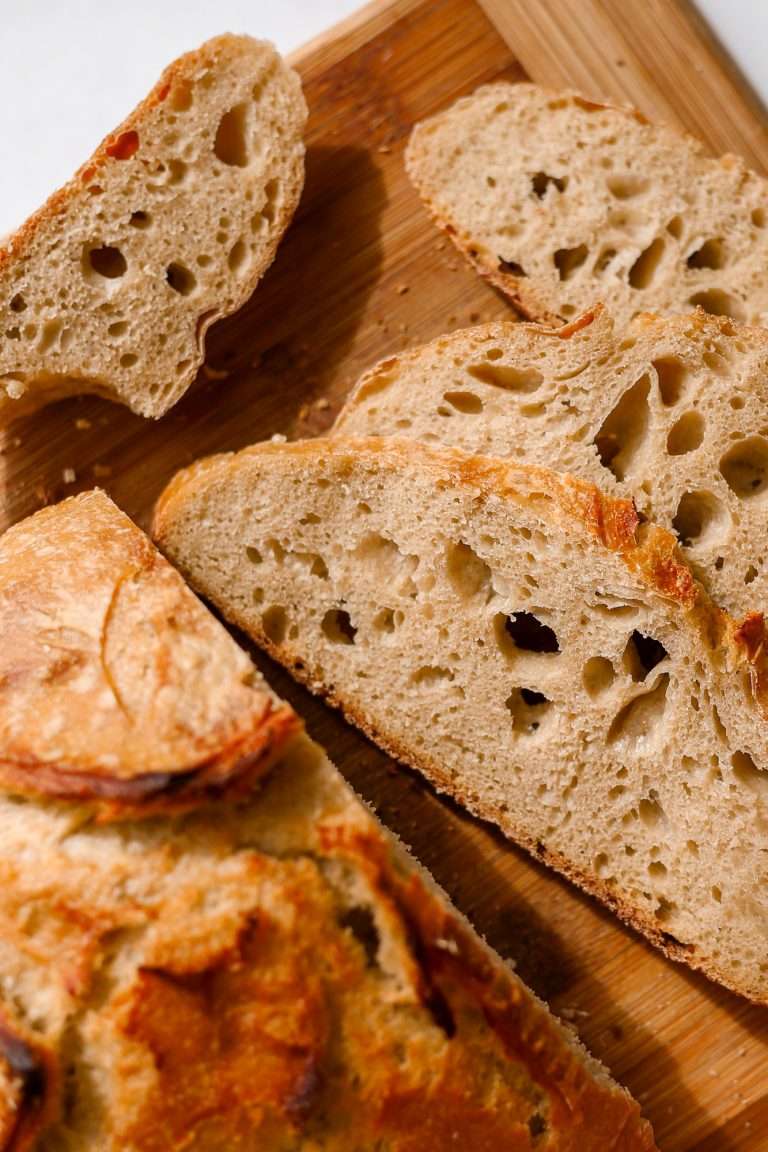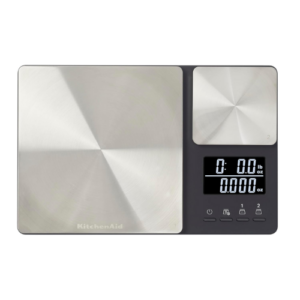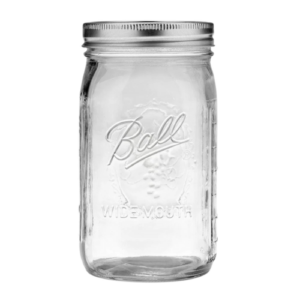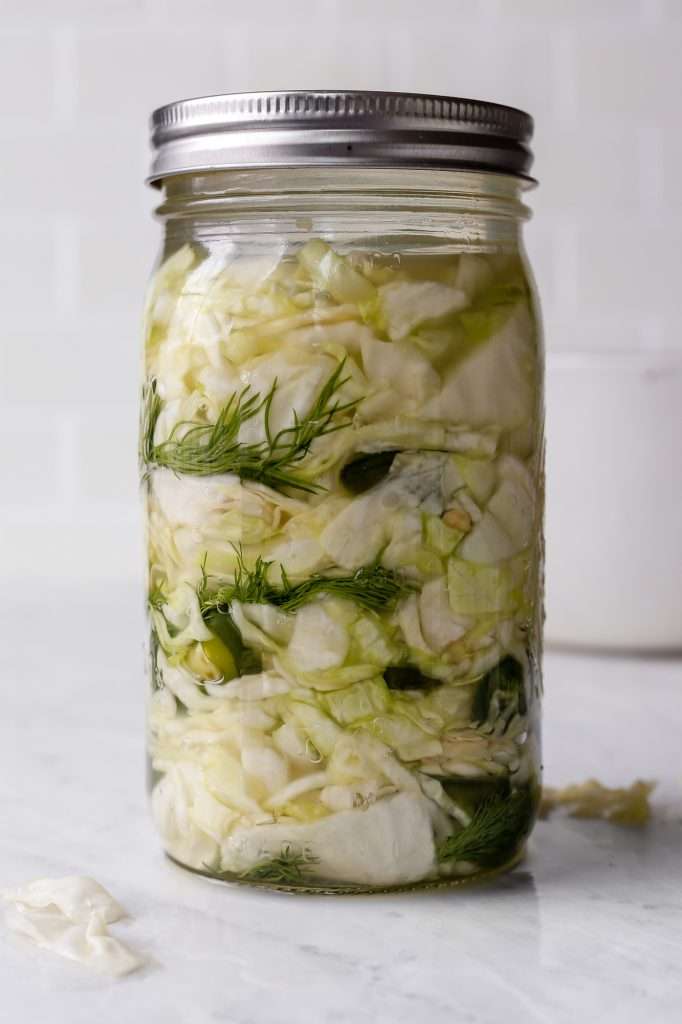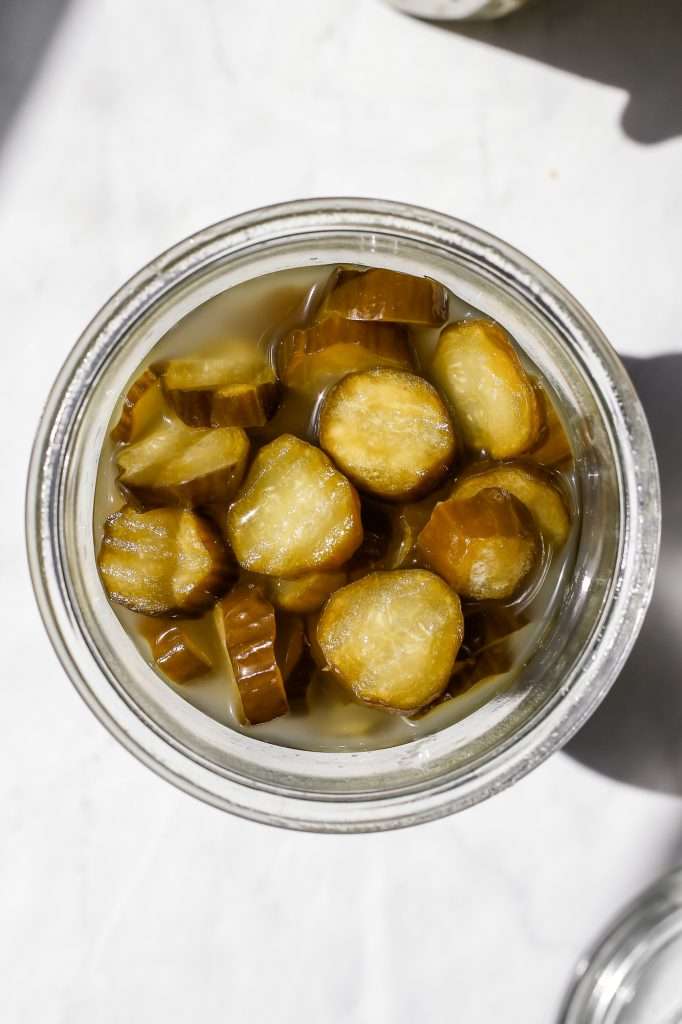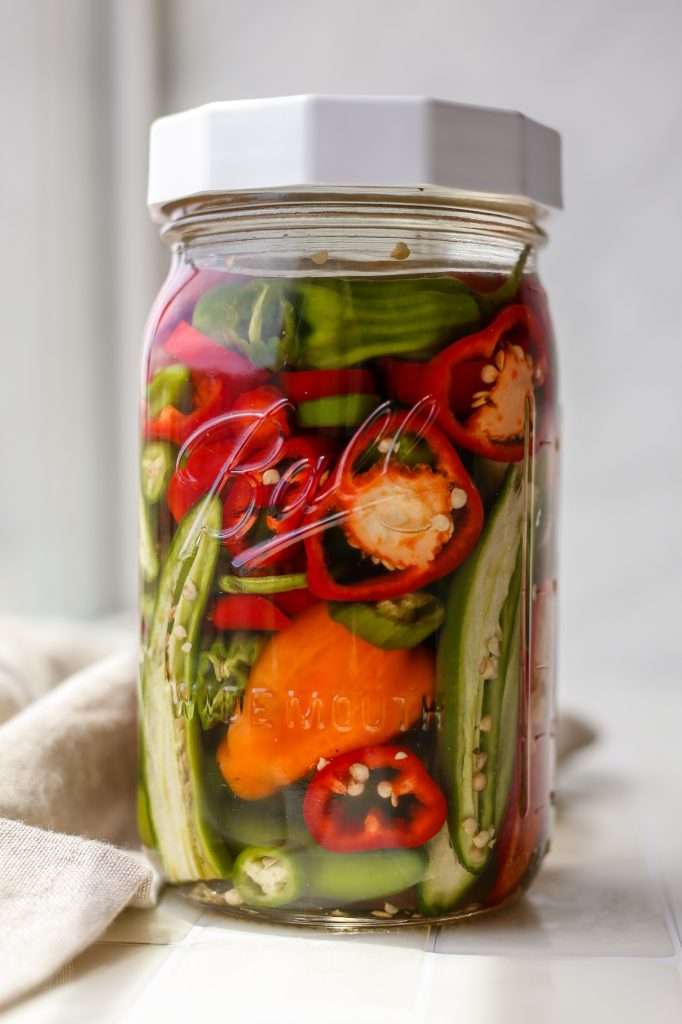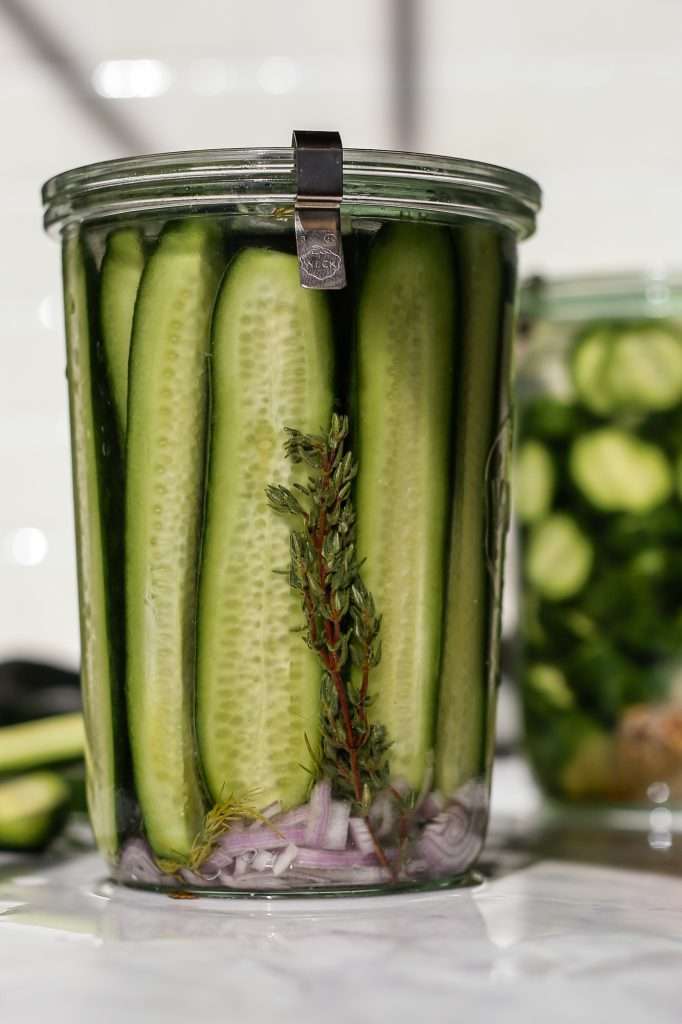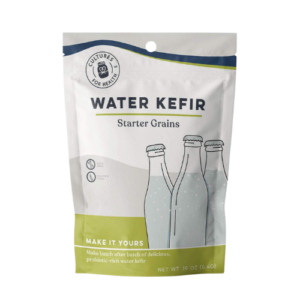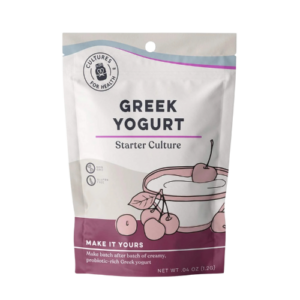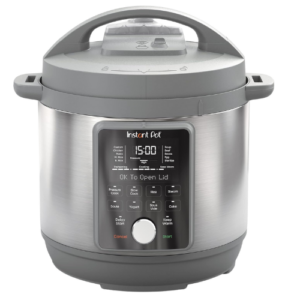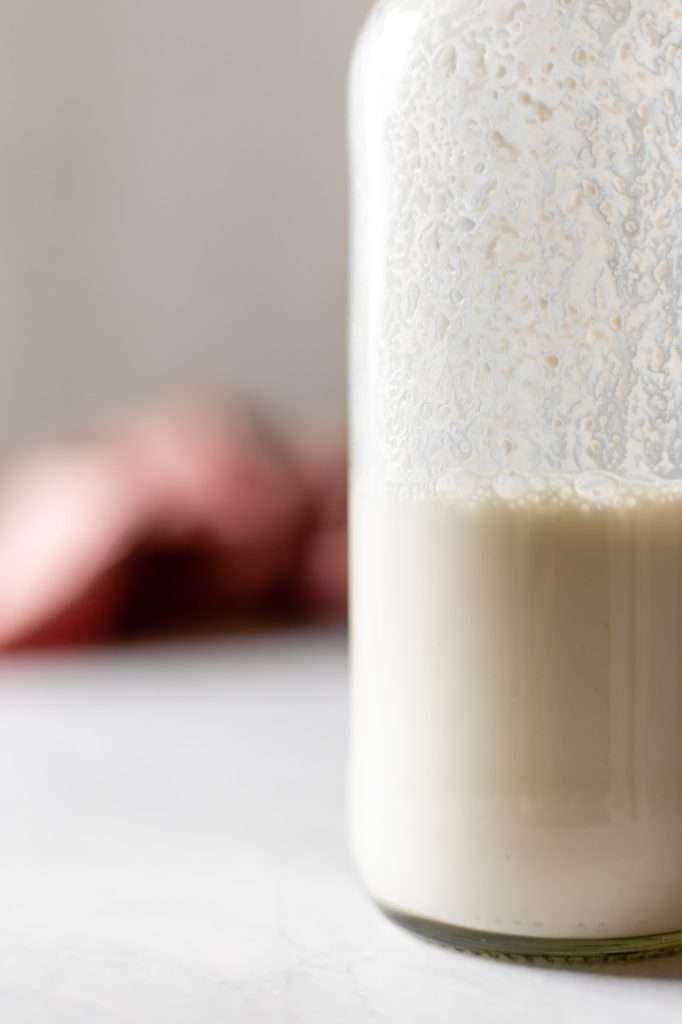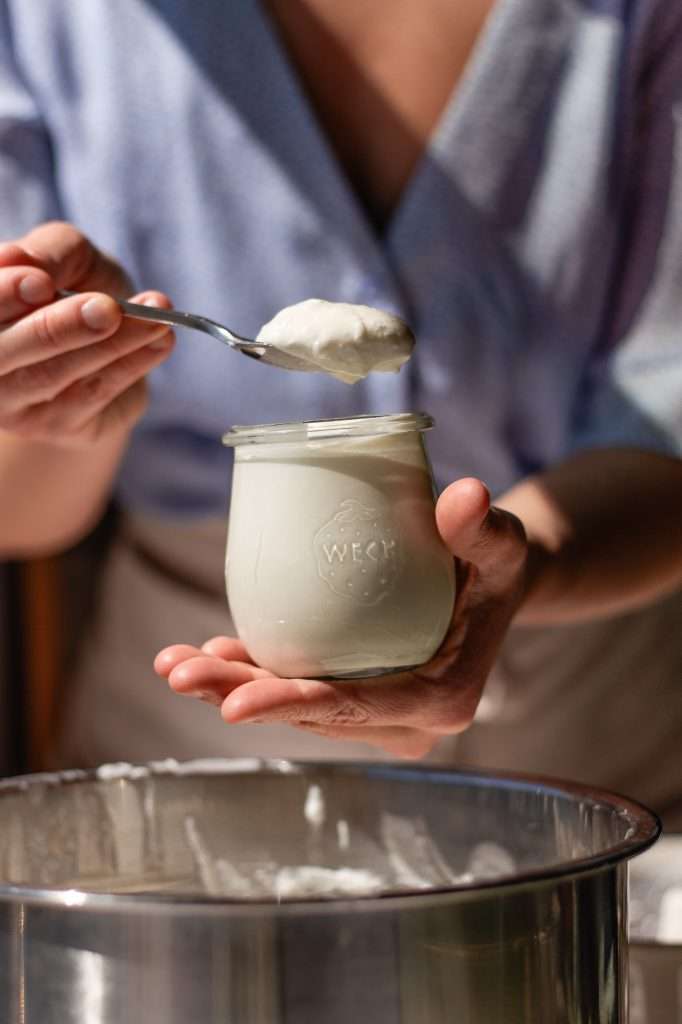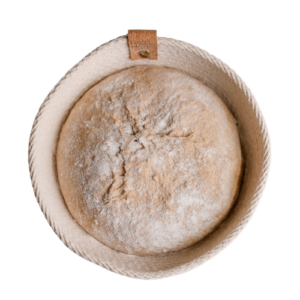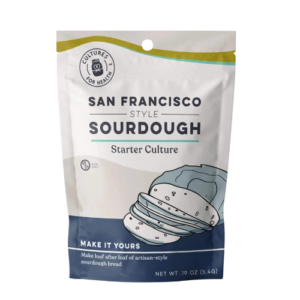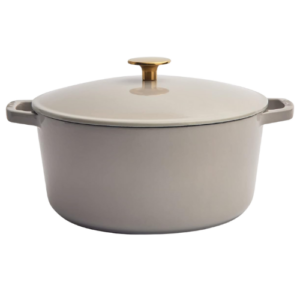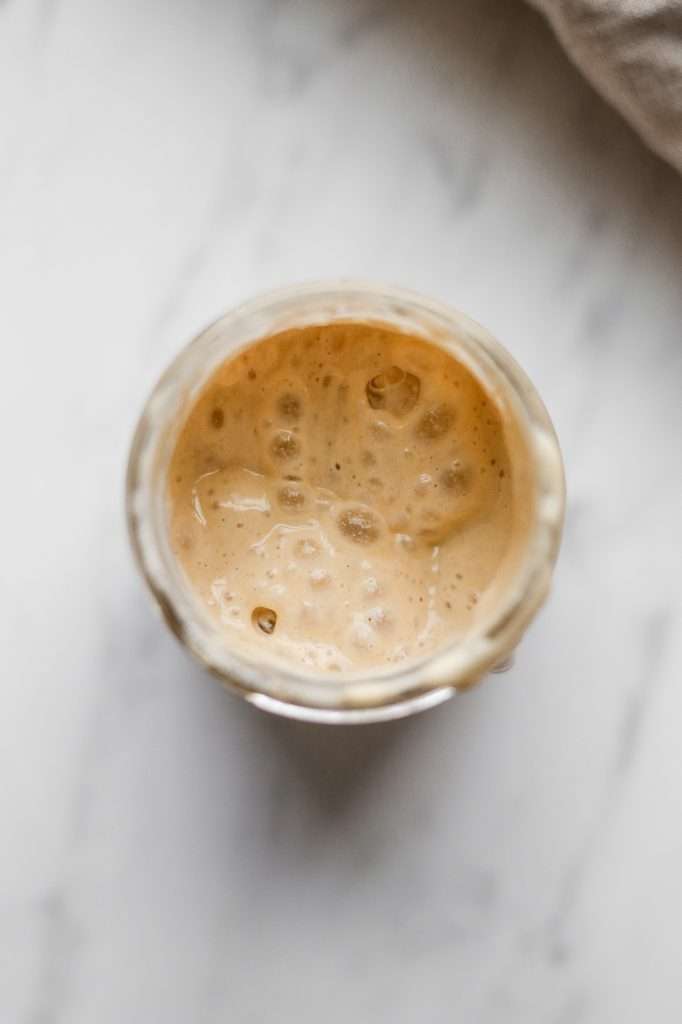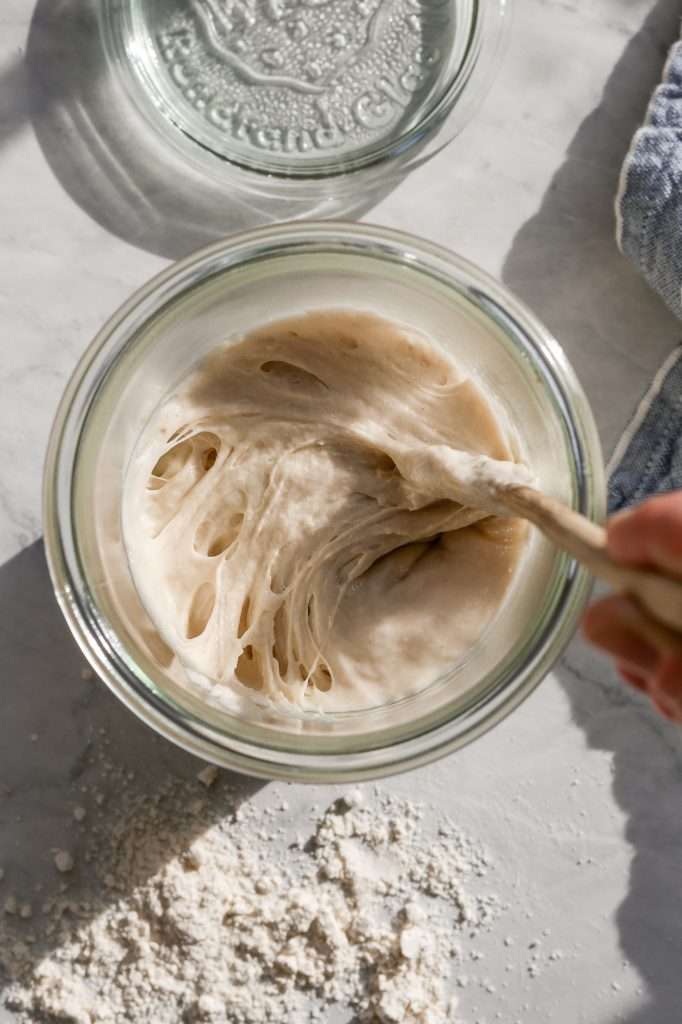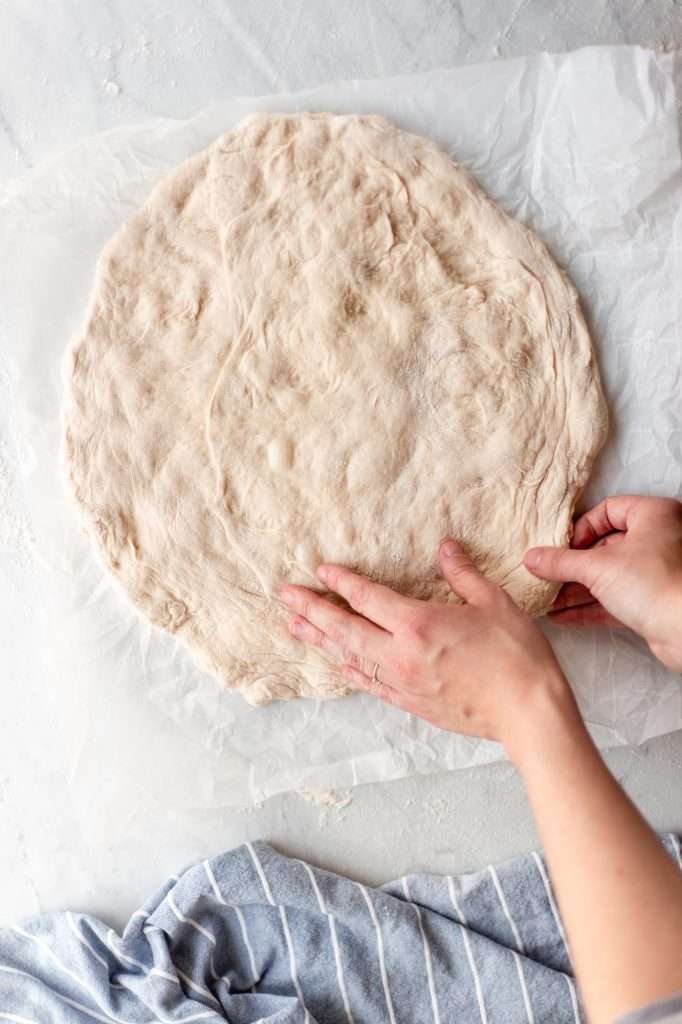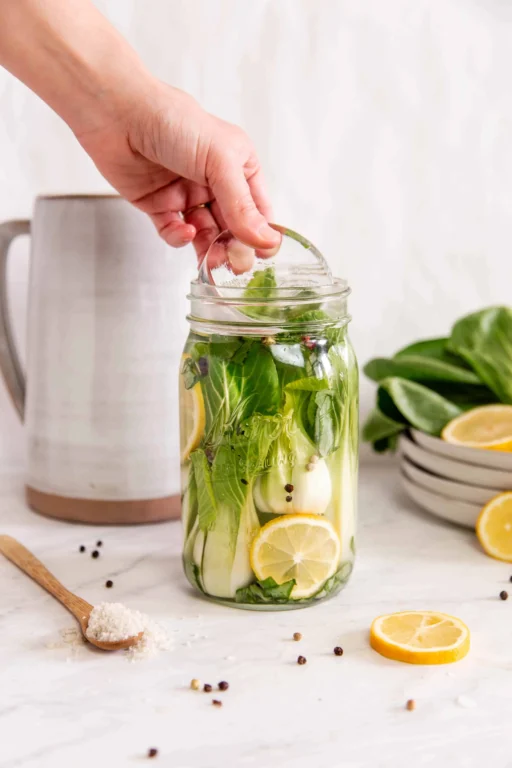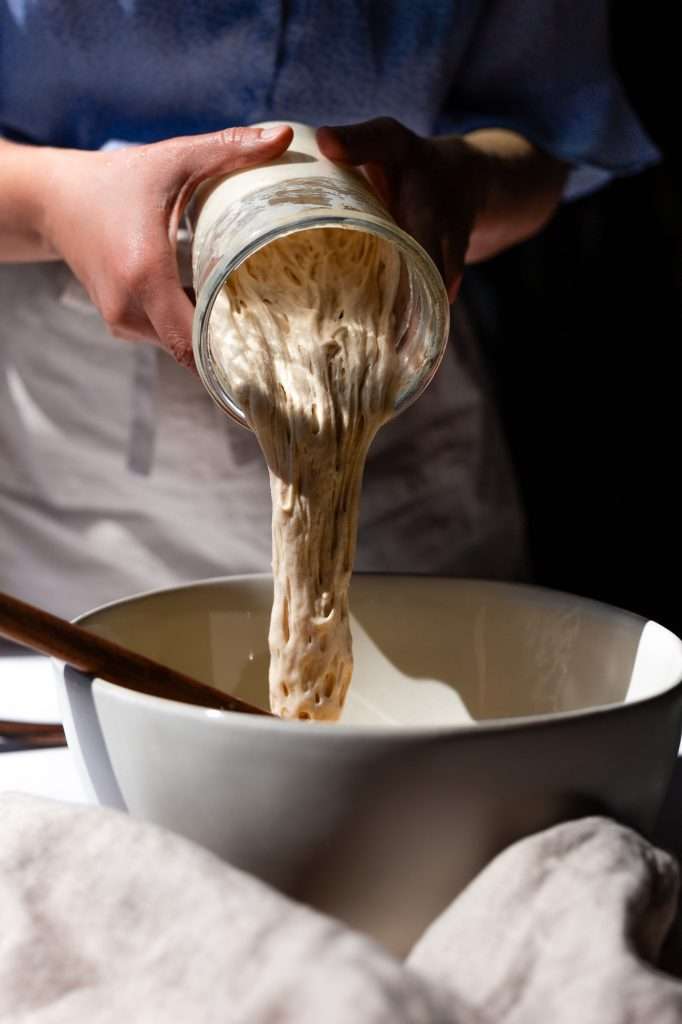
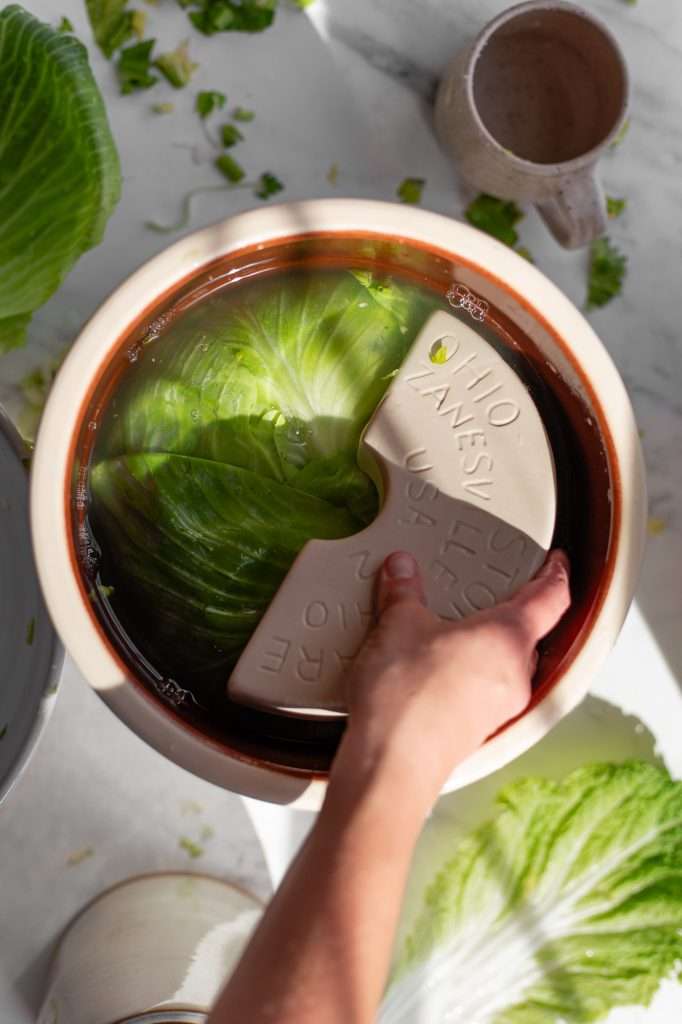
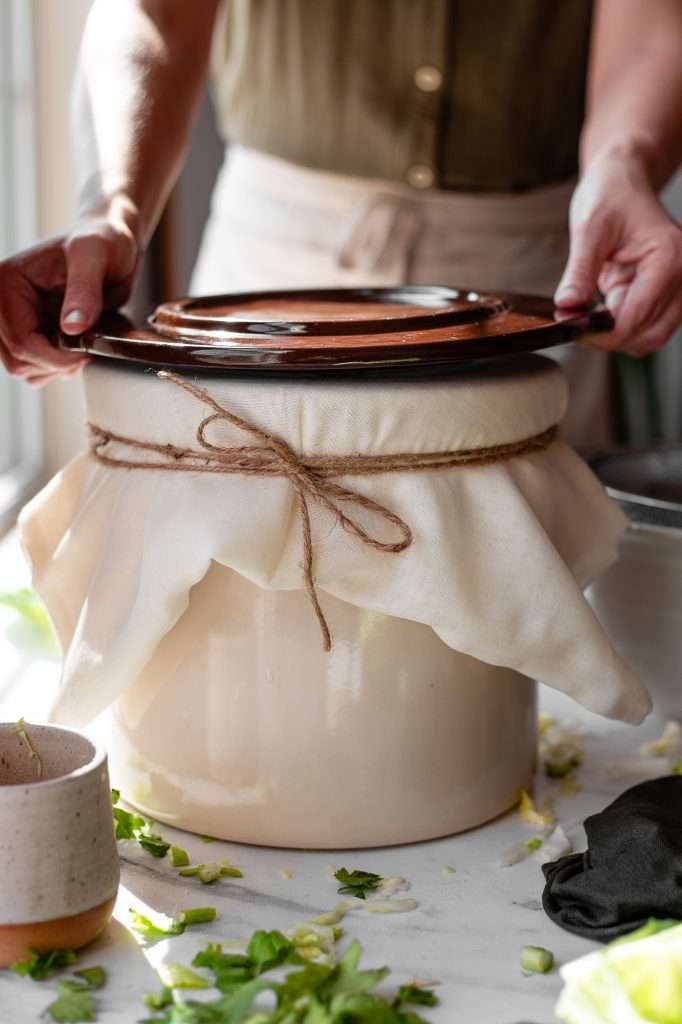
get started fermenting
with three main household staples
your first steps to fermenting nutritious foods in your home kitchen
Fermented vegetables, dairy, and grains are great starting points for beginners. These are the most common fermented foods in most households.
Sauerkraut and pickles provide an easy introduction and a foundational understanding of fermentation processes. Once you master those, dairy culturing and fermentation is effortless. Then, you’ll have the confidence to venture into sourdough fermentation.
Focusing on making these staples that families already enjoy eating is the best way to incorporate fermentation into your kitchen rhythms.
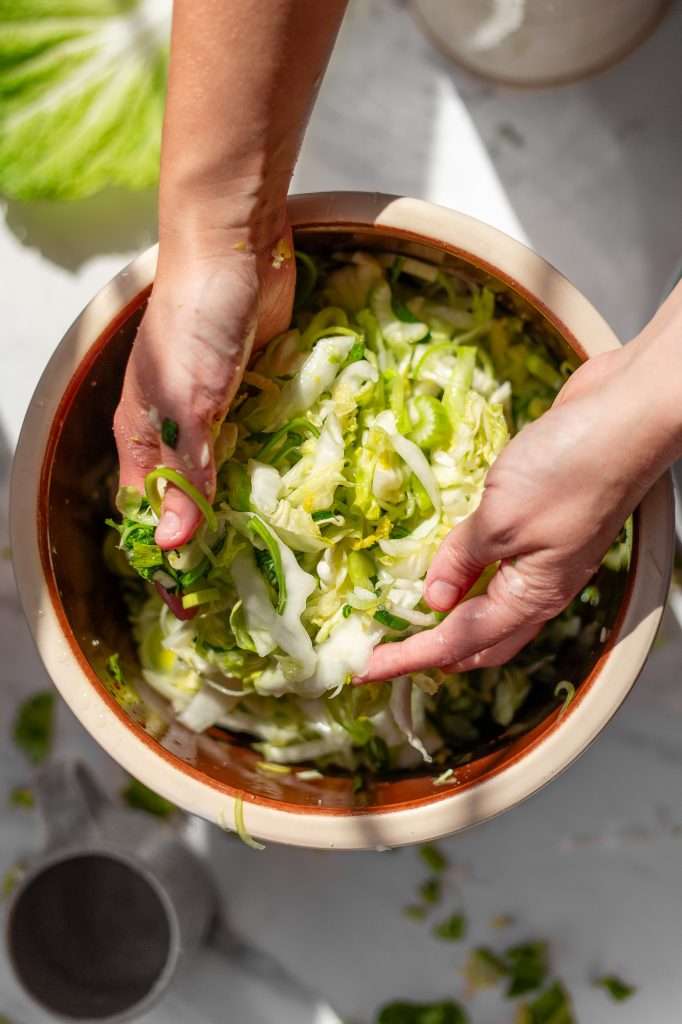
first
learn sauerkraut and vegetable fermentation
I always recommend to begin learning vegetable fermentation by making sauerkraut. Cabbage has a fantastic microbiome to work with, and that makes it the easiest vegetable to ferment.
try these recipes
try these recipes
second
venture into dairy fermentation by making yogurt and kefir
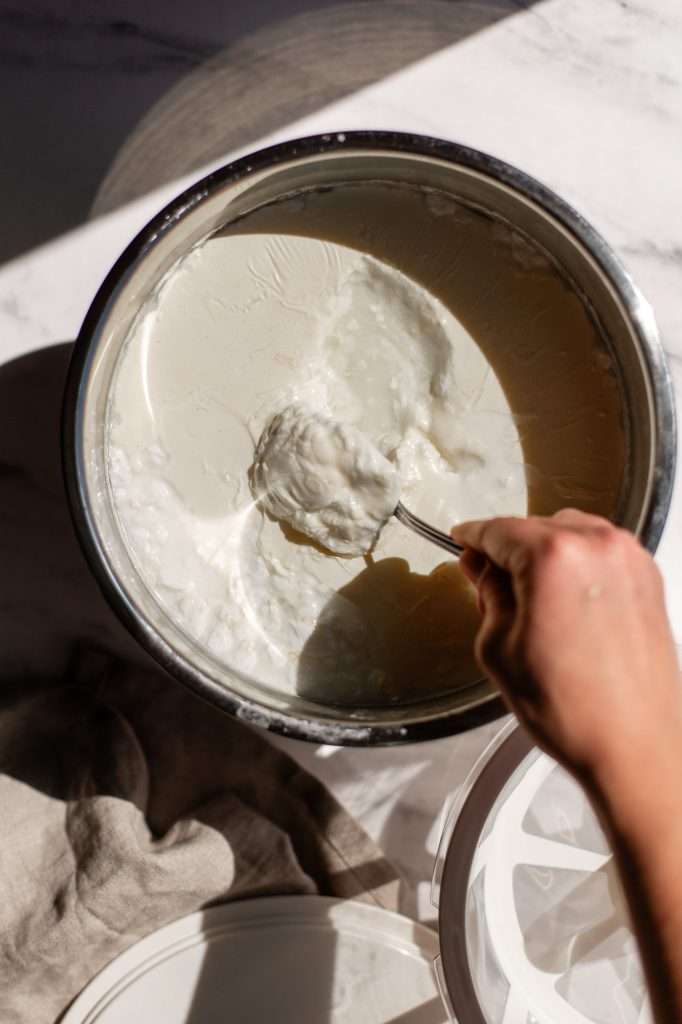
Dairy fermentation is the best way to learn how to ferment with starter cultures. Start with the easiest yogurt recipe ever. You can use raw, pasteurized, homogenized or non-homogenized milk. Cow milk and goat milk both work!
Milk kefir is a great option for beginners interested in dairy fermentation. Unique from yogurt, it uses special starter cultures called kefir grains, resulting in a tangy, probiotic drink.
try this
try this
try these recipes
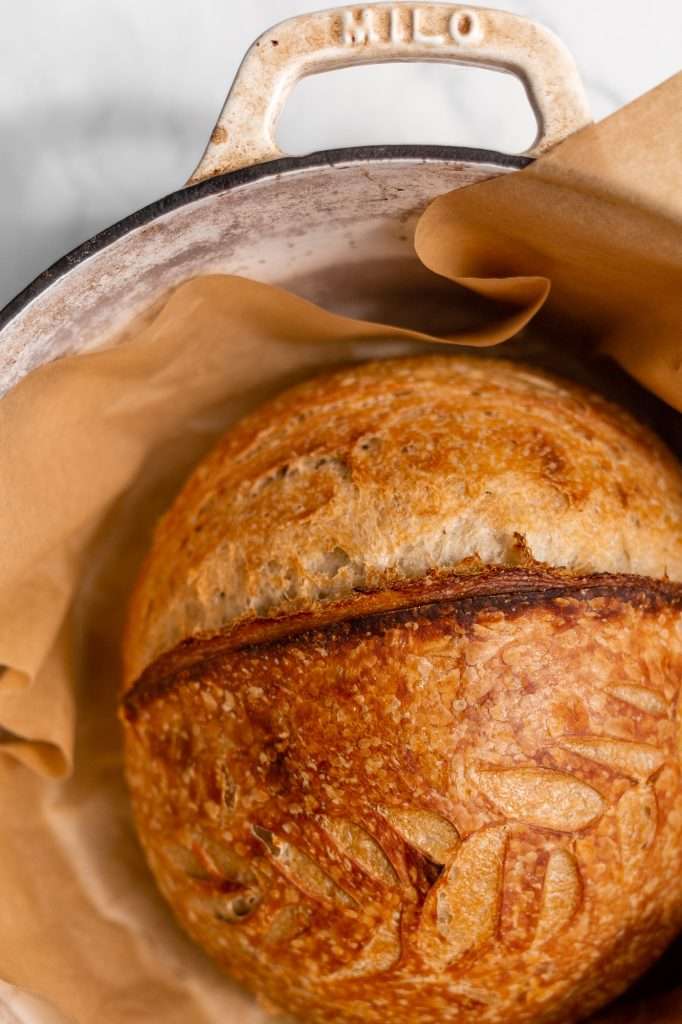
third
Once you have sauerkraut and yogurt all figured out, try your hand at sourdough!
Cultivating a sourdough starter is the foundation to baking delicious homemade sourdough bread. So you’ll start your sourdough journey by crafting a robust and healthy starter.
Try these Starter recipes
Once you’ve successfully established your starter, you’re ready to experiment with a variety of sourdough recipes, from crusty artisan loaves to focaccia and even pizza crusts.
Use your starter in these recipes
As you feed your starter, and bake more bread, you’ll accumulate sourdough discard, and we have tons of ways to use it!
an online course for mastering fermentation
want to dive deeper?
You’re not alone if you’ve ever struggled fermenting foods or felt uneasy about handling microbes. With the proper knowledge, you can transform uncertainty into confidence.



